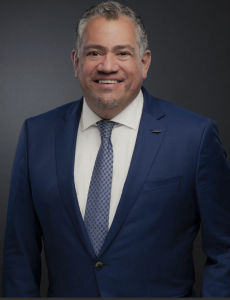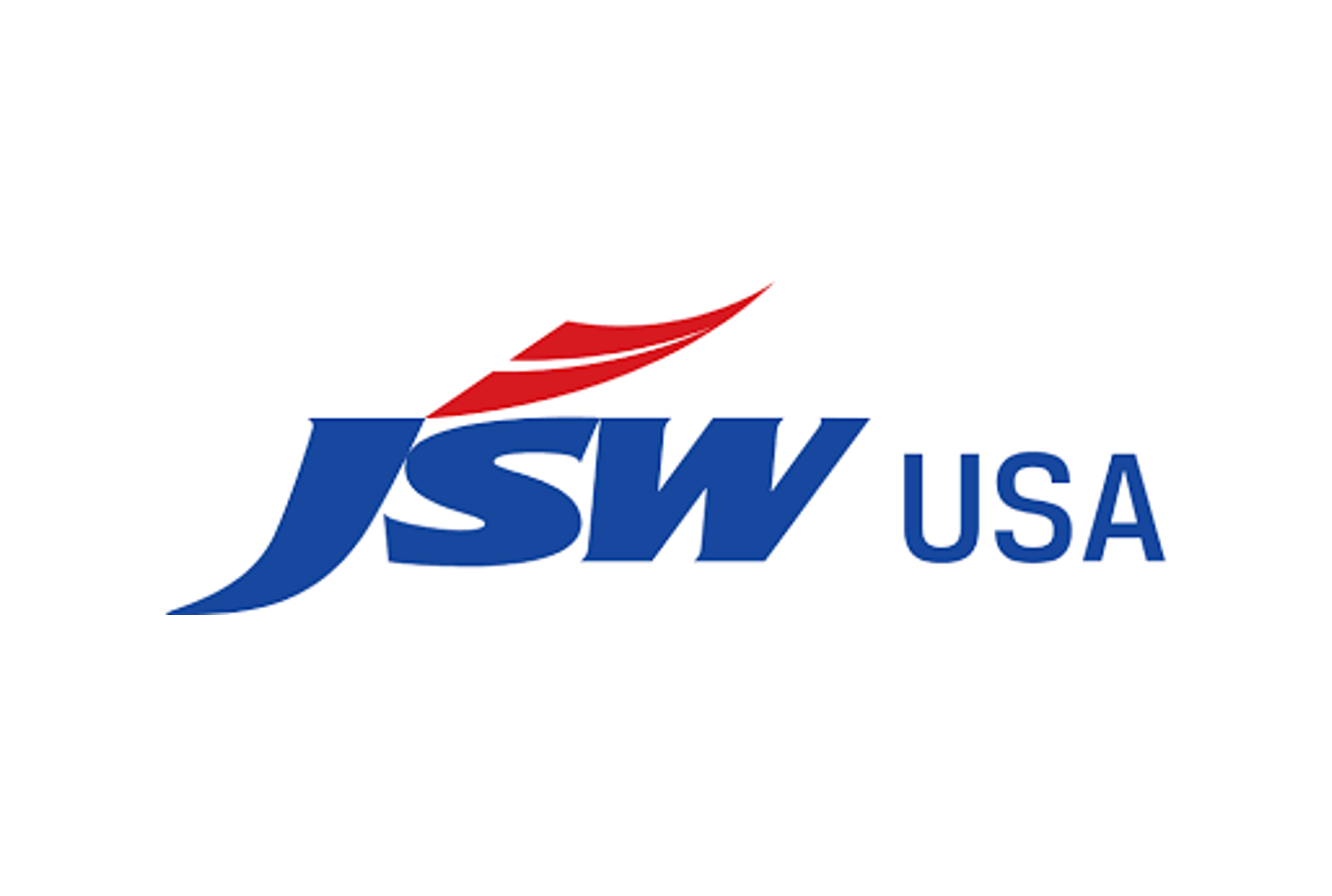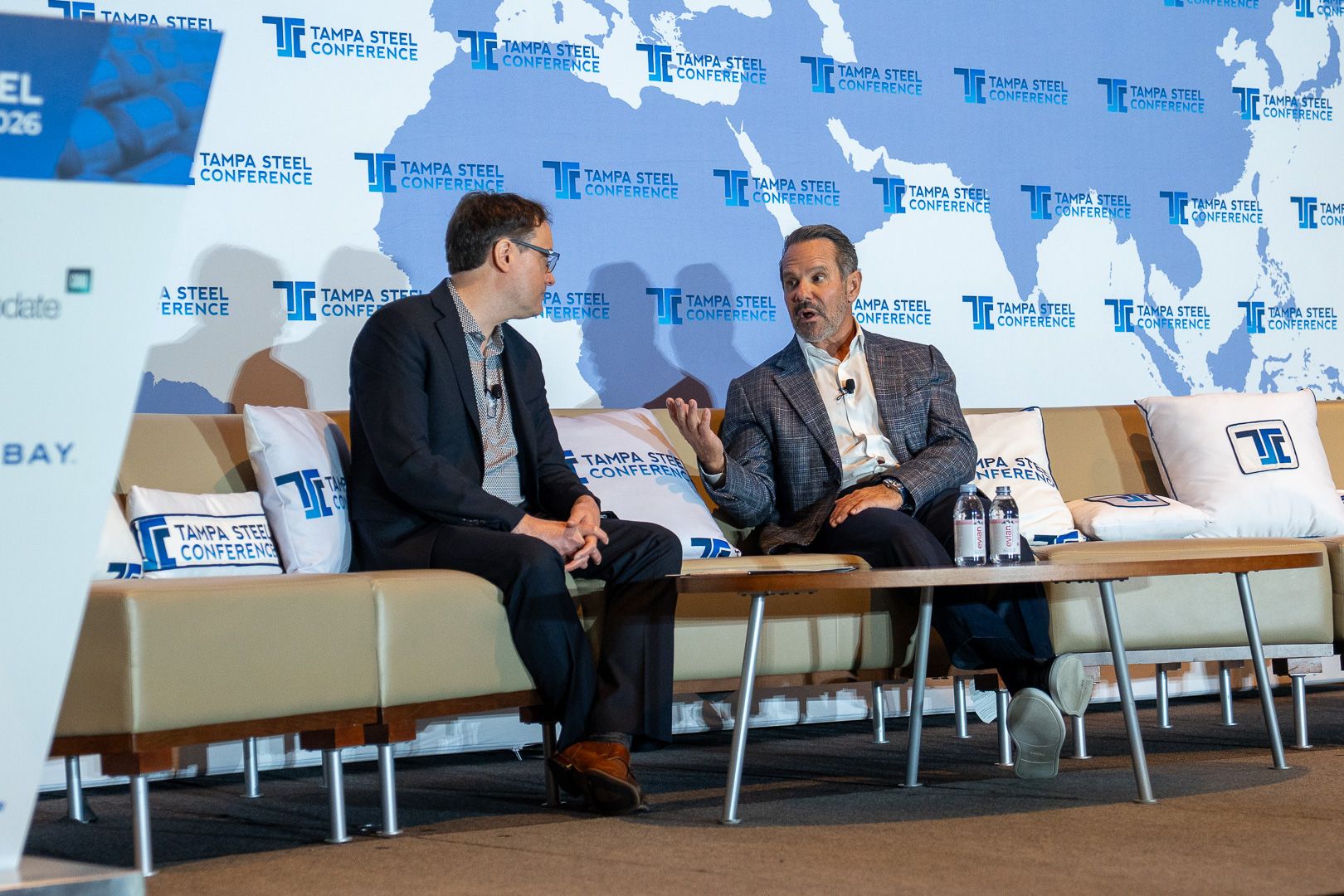Community Events
March 7, 2025
JSW USA CEO Simon sees 'exciting times' in steel amid tariff volatility
Written by Ethan Bernard
JSW Steel USA CEO Robert Simon has over 30 years of experience in the steel industry. After leadership roles at companies like Steel Dynamics Inc. (SDI) and Evraz NA, he took the helm of JSW USA in March 2024. While it may be just a year ago, a LOT has happened in that time, both at JSW USA and in the USA in general. Simon commented on the current market landscape, half with a smile: “These are exciting times.”

JSW USA is a subsidiary of India’s JSW. It has two US operations: its Mingo Junction slab and hot-rolled sheet mill in Ohio, and a Baytown plate and LSAW pipe mill in Texas.
I got a chance to sit down with him on the sidelines of the Metals Service Center Institute (MSCI) & Steel Manufacturers Association (SMA) Annual Meeting in Frisco, Texas, on Tuesday.
Tariffs
Of course, tariffs were on everyone’s mind at the meeting.
“As an American company, we’re happy to compete with any company as long as there is a level playing field,” Simon said.
He welcomes foreign participation in the US economy, but only if the country or company is not engaging in unfair trade practices. Other factors could include issues such as not being bound by the same stringent environmental regulations as the US, hyper-low wages, etc.
“If those are your practices, how is it fair that you can then bring your product into our economy and start taking market share away from us?” he asked.
“So maybe I look at tariffs slightly different,” he continued. “Maybe it’s taxation for the fact that you get to do business in that manner in your country.”
Regarding the volatility of the new Trump administration, Simon pointed out that “tariffs are being used in many different ways,” perhaps sometimes serving as a potential negotiating tactic.
“So it’s a bit confusing right now with everything that’s going on,” he continued.
One area of confusion is with USMCA partners Canada and Mexico. (Note the interview took place before both Canada and Mexico received another one-month reprieve from blanket tariffs.)
On those countries, Simon said: “Realistically, we need to partner with Canada and Mexico, and I do believe that’s the administration’s long-term intent.”
Still, overall, Simon sees the tariffs boosting domestic demand in a constructive way, “so that’s a very positive thing for the industry as a whole.”
Slab market and Section 232
The new Section 232 tariffs mean that quotas previously worked out will be gone. (We should have some more clarity on that on March 12.) Still, the issue with foreign slab imports is already affecting the market, Simon said.
Mingo Junction currently supplies ~70% of Baytown’s slab requirements, with the rest coming from Brazil.
Simon noted JSW USA’s intent is to have that level rise to 100% from Mingo Junction, likely within the next 12 months.
On staring down at the 25% tariffs on Brazilian material, “We’re already being negatively impacted by that,” Simon said.
However, the new tariffs are definitely driving more demand for domestic slabs.
“Yes, that started a couple weeks ago,” he commented.
Baytown modernization
As previously reported, JSW USA plans to invest $110 million to modernize its plate mill in Baytown with new equipment and sustainable technology.
“As you know, part of those investments in Baytown were directed towards offshore wind generation energy,” Simon said. “I think there could potentially be some delays on that.”
He added: “I think it will still happen, but that’s kind of a big unknown right now.”
Still, Simon said the company is moving full-steam ahead with the project as planned, “because we believe there’ll be other demand for other products.”
JSW commitment to US market
Looking at the big picture, Simon lauded India-based JSW’s firm dedication to the American market.
“I think what you’re seeing is a tremendous commitment by the parent over the years, well over $2 billion, probably close to $3 billion, on the operations in the US,” he said.
“I think we need to prove ourselves out with what’s before us,” commented Simon. “I think that looks very, very positive right now.”
He added: “And, yeah, that would open it up for future investments.”
Simon explained that the whole reason why Mingo Junction happened in the first place is because at JSW “we are not believers in having to import our semi-finished material to feed our mills. We want to fully operate in the markets that we’re in.”
Especially in today’s tariff environment, that strategy seems to be paying off.
Simon concluded: “That’s been part of the philosophy from day one.”





